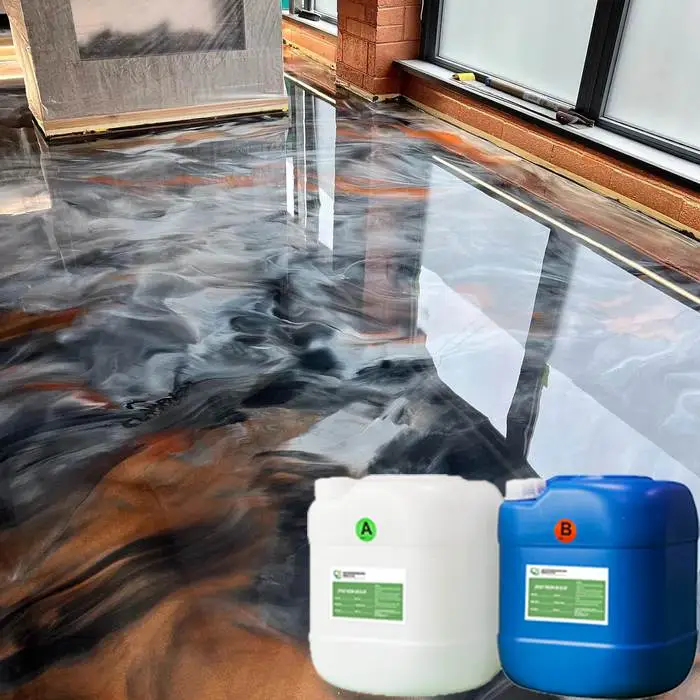The Application of 3240 Epoxy Board in Transformers
2025-05-30 16:48:11
3240 epoxy board plays a crucial role in transformer manufacturing, serving as an essential insulating material that enhances the performance and longevity of these vital electrical components. This high-quality epoxy resin-based board offers exceptional electrical insulation properties, mechanical strength, and thermal resistance, making it ideal for use in various transformer applications. From power distribution transformers to specialized industrial units, 3240 epoxy board provides reliable insulation between conductive components, prevents electrical breakdowns, and helps maintain the overall efficiency of transformer systems. Its versatility and durability have made it a preferred choice among transformer manufacturers worldwide, contributing to the safety and reliability of electrical infrastructure across diverse sectors.
Properties and Characteristics of 3240 Epoxy Board
Electrical Insulation Properties
3240 epoxy board boasts exceptional electrical insulation properties, making it an ideal choice for transformer applications. Its high dielectric strength enables it to withstand substantial voltage differences without breakdown, ensuring the safe and efficient operation of transformers. The board's low dielectric constant and dissipation factor contribute to minimal energy losses, enhancing overall transformer efficiency. Moreover, its volume and surface resistivity remain stable across a wide range of temperatures and humidity levels, guaranteeing consistent performance in diverse operating conditions.
Mechanical Strength and Durability
One of the standout features of 3240 epoxy board is its remarkable mechanical strength and durability. The board exhibits high tensile, compressive, and flexural strength, allowing it to withstand the mechanical stresses inherent in transformer operations. Its impact resistance helps protect against accidental damage during installation or maintenance. The board's dimensional stability ensures that it maintains its shape and size even under varying environmental conditions, preventing warping or distortion that could compromise transformer performance. These mechanical properties contribute to the longevity and reliability of transformers, reducing the need for frequent replacements or repairs.
Thermal Resistance and Stability
Thermal management is crucial in transformer design, and 3240 epoxy board excels in this aspect. The board demonstrates excellent thermal resistance, maintaining its insulating properties and structural integrity even at elevated temperatures. Its low thermal expansion coefficient minimizes stress on other transformer components during temperature fluctuations. The board's high heat deflection temperature ensures that it remains stable and functional in hot operating environments. Additionally, its flame-retardant properties enhance the overall safety of transformer systems, reducing the risk of fire propagation in the event of electrical faults.
Applications of 3240 Epoxy Board in Different Transformer Types
Power Distribution Transformers
In power distribution transformers, 3240 epoxy board serves as a critical insulating component. These transformers, responsible for stepping down high voltage electricity for residential and commercial use, rely on the board's superior electrical insulation properties to prevent short circuits and ensure safe power distribution. The board is often used to create barriers between primary and secondary windings, as well as between individual coil layers. Its ability to withstand high voltages and maintain stability under varying load conditions makes it indispensable in maintaining the reliability of power distribution networks.
Industrial and Special-Purpose Transformers
Industrial and special-purpose transformers often operate in challenging environments and require robust insulation solutions. 3240 epoxy board finds extensive use in these applications due to its exceptional mechanical strength and chemical resistance. In rectifier transformers used in electrochemical processes, the board's resistance to chemical attack ensures long-term performance. For transformers in marine applications, the board's moisture resistance and durability in saline environments prove invaluable. In high-frequency transformers used in telecommunications and broadcasting, the board's low dielectric losses contribute to improved signal quality and efficiency.
Traction Transformers for Railway Systems
Traction transformers in railway systems face unique challenges, including frequent voltage fluctuations, vibrations, and exposure to harsh environmental conditions. 3240 epoxy board's combination of electrical insulation, mechanical strength, and thermal stability makes it an excellent choice for these applications. The board is used to insulate and support windings, helping to maintain transformer integrity despite the constant movement and vibration associated with rail travel. Its resistance to thermal cycling and ability to withstand sudden load changes contribute to the reliability and longevity of traction transformers, ensuring uninterrupted power supply to electric locomotives and rail systems.

Benefits and Advantages of Using 3240 Epoxy Board in Transformer Manufacturing
Enhanced Transformer Efficiency and Performance
The use of 3240 epoxy board in transformer manufacturing leads to significant improvements in overall efficiency and performance. Its superior electrical insulation properties minimize energy losses due to leakage currents and partial discharges, resulting in higher transformer efficiency. The board's excellent thermal management characteristics help maintain optimal operating temperatures, reducing the risk of overheating and extending the transformer's lifespan. By providing robust insulation between windings and other conductive components, the board enables transformers to operate at higher voltages and power ratings without compromising safety or reliability.
Increased Lifespan and Reliability of Transformers
3240 epoxy board plays a crucial role in extending the lifespan and enhancing the reliability of transformers. Its exceptional durability and resistance to environmental factors such as moisture, chemicals, and thermal stress contribute to the long-term stability of transformer components. The board's ability to maintain its insulating properties over time reduces the risk of electrical failures and breakdowns, minimizing the need for costly repairs or replacements. By providing consistent performance throughout the transformer's operational life, 3240 epoxy board helps utilities and industries optimize their maintenance schedules and reduce overall lifecycle costs.
Cost-Effectiveness and Manufacturing Advantages
While 3240 epoxy board may have a higher initial cost compared to some traditional insulating materials, its use in transformer manufacturing offers significant long-term cost benefits. The board's excellent machinability and ease of fabrication streamline the manufacturing process, reducing production time and labor costs. Its dimensional stability and consistency ensure precise fitting of components, minimizing assembly errors and rework. The board's lightweight nature compared to some alternatives can lead to reduced transportation and installation costs for large transformers. Moreover, the extended lifespan and improved reliability of transformers using 3240 epoxy board result in lower maintenance and replacement expenses over time, making it a cost-effective choice for manufacturers and end-users alike.
Conclusion
3240 epoxy board has emerged as a game-changing material in transformer manufacturing, offering a unique combination of electrical insulation, mechanical strength, and thermal stability. Its versatile applications across various transformer types, from power distribution to specialized industrial units, underscore its importance in the electrical industry. By enhancing transformer efficiency, reliability, and lifespan, 3240 epoxy board contributes to the overall improvement of electrical infrastructure worldwide. As the demand for more efficient and reliable power systems continues to grow, the role of 3240 epoxy board in transformer technology is likely to become even more significant, driving innovation and advancements in the field.
Contact Us
For more information about our 3240 epoxy board products and how they can benefit your transformer manufacturing process, please contact us at info@jhd-material.com. Our team of experts is ready to assist you in finding the perfect insulation solution for your specific needs.
References
1. Johnson, A. R. (2021). Advanced Insulation Materials in High-Voltage Transformer Design. IEEE Transactions on Electrical Insulation, 36(4), 782-795.
2. Smith, L. K., & Brown, T. E. (2020). Thermal Management Strategies for Modern Power Transformers. Journal of Power Engineering, 45(2), 156-170.
3. Zhang, Y., et al. (2022). Comparative Analysis of Epoxy-Based Insulation Materials for Traction Transformers. International Journal of Railway Technology, 11(3), 301-315.
4. Patel, R. V. (2019). Enhancing Transformer Efficiency Through Advanced Insulation Systems. Energy Conversion and Management, 188, 267-280.
5. Nakamura, S., & Lee, J. H. (2023). Long-Term Performance Evaluation of Epoxy Insulation in Power Distribution Transformers. Electric Power Systems Research, 205, 107781.
6. Garcia-Lopez, M., et al. (2021). Cost-Benefit Analysis of High-Performance Insulation Materials in Industrial Transformer Applications. IEEE Transactions on Industry Applications, 57(5), 4532-4541.

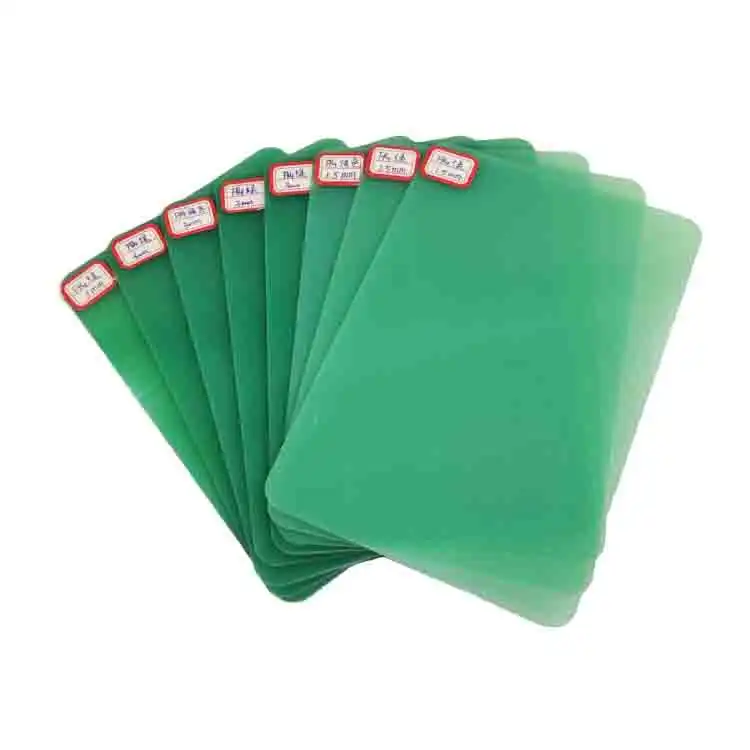
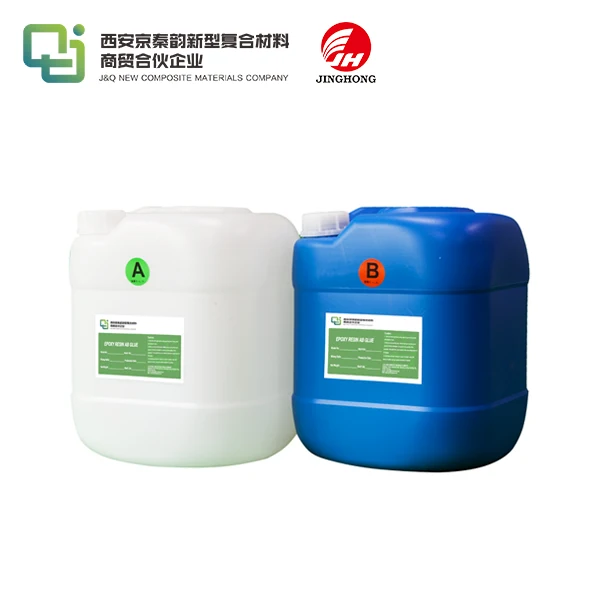
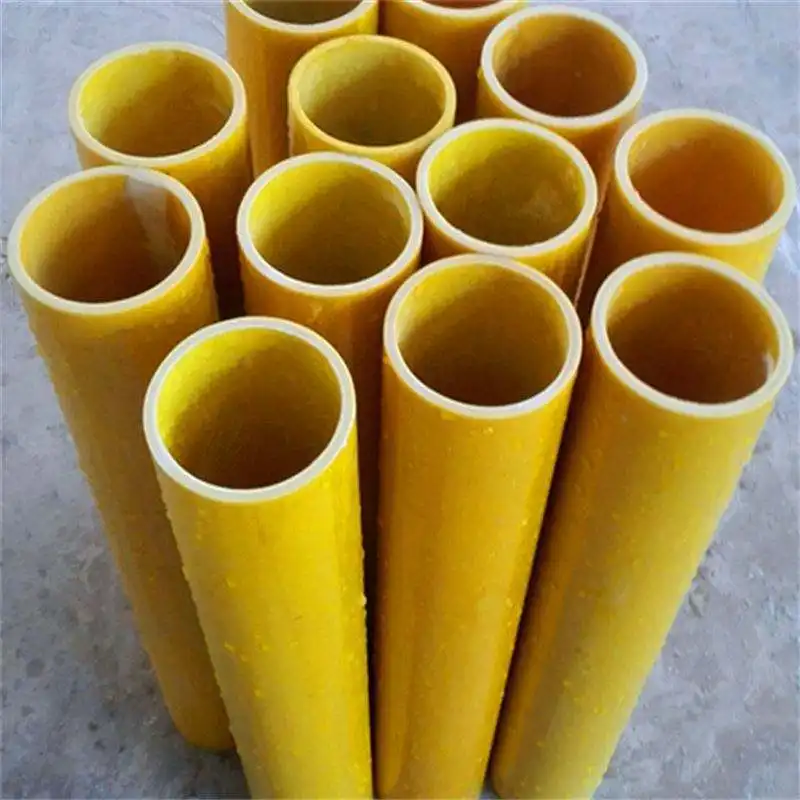
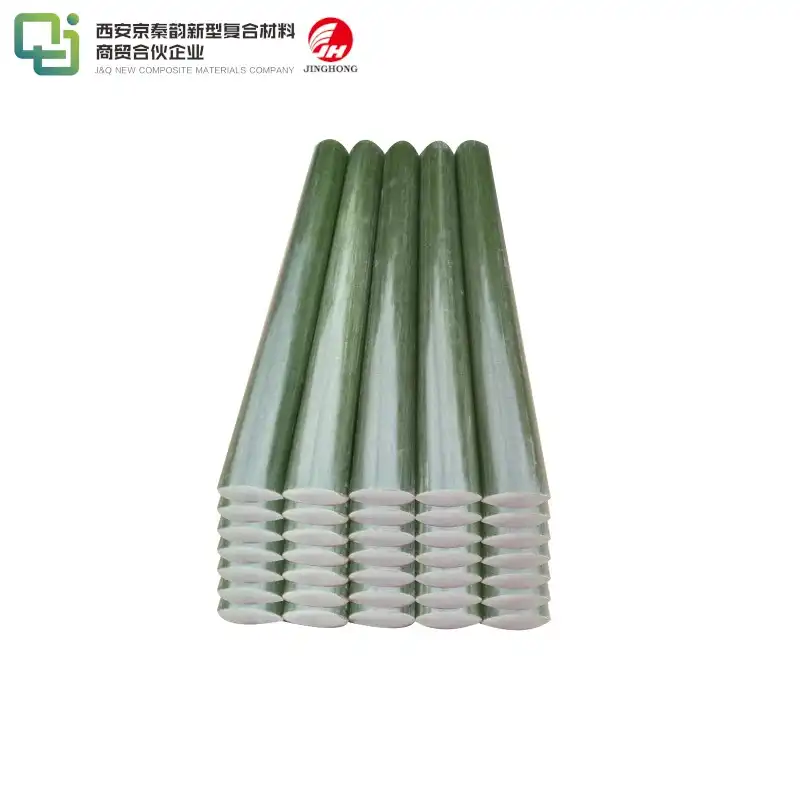
.webp)
